Ethics DefinitionWhat is good or wrong in human action is the subject of ethics. This area of philosophy focuses on moral concepts. Moral philosophy is another name for ethics. 
Ethics and Morals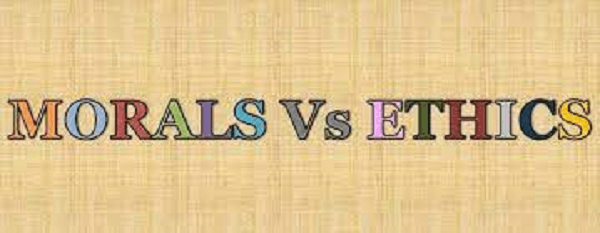
The terms ethics and morality are frequently used interchangeably. But there is a distinction between ethics and morals. To put it simply, ethics is the product of morality and logic. You must be able to justify your ethical position to hold it. Indeed, moral philosophy is the basis of ethics, and philosophy is all about logic. For instance, you could believe that stealing is immoral, but whatever ethical position you take on the matter has to be supported by several reasons and analyses. Following what is stated is essential to maintaining morality (by society or religion). But to be ethical, you must determine what is proper by applying some rules and considering all the variables. The ethical life is the more difficult one. Ethics ExamplesThe study of the moral principles that guide a person's behavior falls within the purview of ethics, a subfield of philosophy. Ethics differ from person to person and depend on the circumstances in which a person finds. 1. Acceptance:
Accepting anything different is one of the ethical tenets. In this sense, being racist, homophobic, or xenophobic is immoral. 2. Charity:
A quality called charity entails kindness to other people. 3. Respect: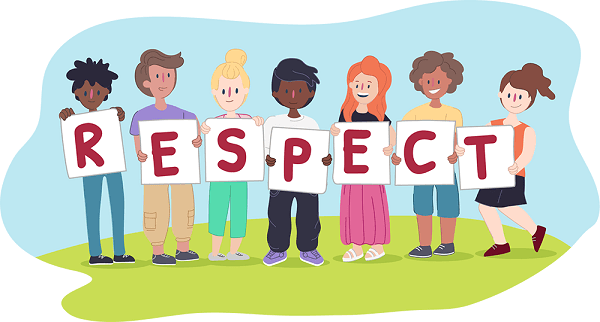
Respect is the consideration one has toward others. 4. Compassion:
The emotion of sympathy for another person's suffering is known as compassion. For instance, a cancer patient with limited time may ask for euthanasia. Morality teaches us not to seek to take another person's life. Professional ethics do, however, occasionally permit the use of assisted suicide. 5. Responsibility: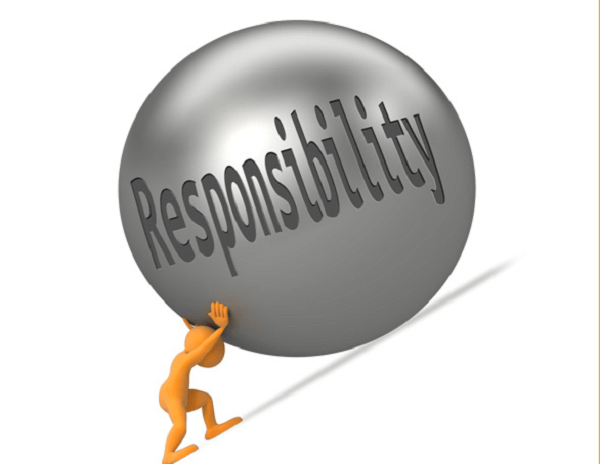
A fundamental ethical value of every person, responsibility refers to upholding a contractual obligation and taking accountability for our acts. 6. Empathy: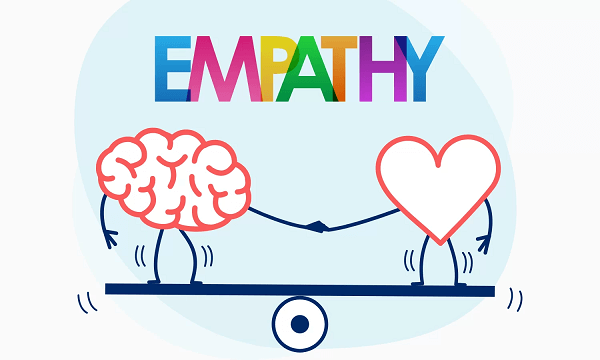
The capacity of a person to "connect" emotionally with another person, to experience and comprehend their feelings, is known as empathy. We can comprehend other people's conduct when we have empathy. 7. Equality:
When people are treated equally, they may all accomplish the same outcomes, regardless of each person's unique conditions. 8. Integrity: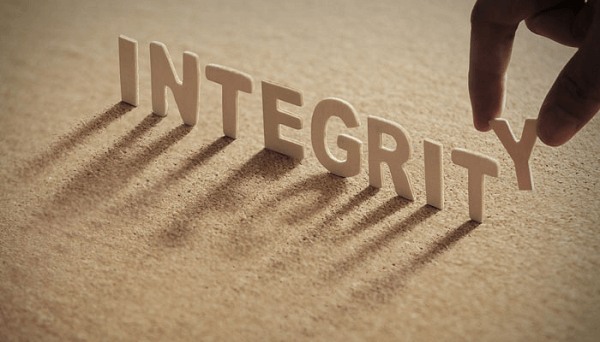
A person is said to be honest if they act morally and ethically, keep their word, and don't try to take advantage of others. 9. Justice:
According to the virtue of justice, everyone should get what they deserve. 10. Transparency:
An ethical ideal related to honesty is transparency. For instance, your hiring process will only be transparent if you interview a buddy for a position and then hire him even if he doesn't fulfill the standards. Examples of Moral Behavior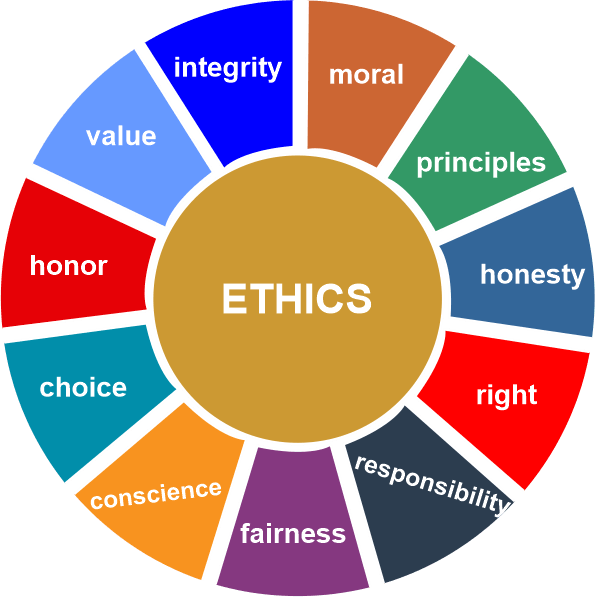
A group's cultural and religious ideas, which establish what is good and bad, are referred to as its morality. Morality provides guidelines for determining right or wrong in any given scenario. In this sense, it is possible to say that what is ethically just is not always truthful. Ten examples of moral conduct are given below: 1. Tell the reality: Telling the truth at all times is one of the moral precepts. However, it's only sometimes a good idea to speak the truth. Consider the following scenario: Whether a stalker asks you if you know where a frightened young person has run away, the best response would be to reply "no" and if you are aware of the young person's location. 2. Do not mislead: We must always act honestly, both toward ourselves and toward others. Cheating is the antithesis of being honest; thus, if we want to live properly, we should avoid it. 3. Respect for our lives and the lives of others: One of the commandments of God's law in Christianity is "you shall not kill." As a result, we must respect both our own and other people's lives. It should be highlighted that this approach might lead to disagreements in some situations, such as euthanasia. 4. Be kind: The ability of people to give what they have, including immaterial things like happiness and optimism, as well as tangible assets, is referred to as the moral virtue of generosity. 5. Be faithful: One of the most admirable human traits is loyalty, which entails being dependable, honorable, and honest. 6. To follow societal guidelines in daily life: For every part of our lives, our civilization establishes norms. For instance, we would need to conduct ourselves properly at home, school, and work, among other places. These guidelines help us become decent persons. 7. Be not jealous: The uneasy feeling that might result from a person's yearning for another person's possessions is jealousy. This is how moral behavior leads away from jealousy; on the other side, he wants to be joyful for other people's success. 8. Altruism: Helping people without expecting anything in return is altruistic. 9. Living by God's will: The most important moral rule for Christians is living according to God's will. In this view, the Ten Commandments are guidelines for moral behavior in humans. 10. Don't behave toward people in a way that you wouldn't want them to behave toward you: Children often use the expression, which sums up moral values, "doing to others what we would not like them to do to us," in our homes, school, and other places. We should set a good example for others to follow and show respect for ourselves before asking others to do the same for us. Private Relationships and Ethics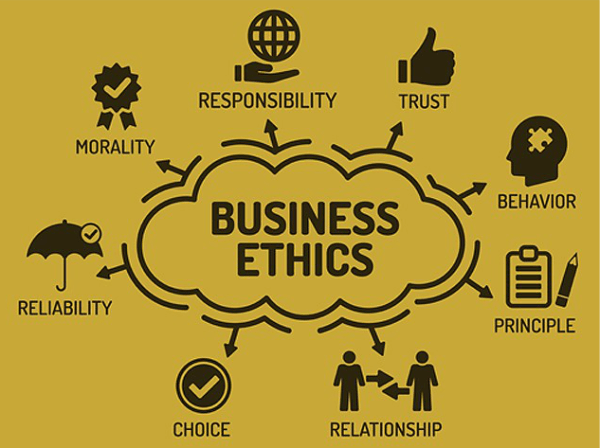
Personal relationships are often casual since they depend on interactions with family and friends. Private connections are frequently governed by feelings rather than logic. This may lead to unethical behavior. Taking part in test fraud with a friend, as an example (unethical). Additionally, remember the Ramayana tale where Kaikeyi attempted to usurp Rama, Dasharatha's oldest son, by placing her son Bharata on the throne instead (unethical). Relationships with the Public: EthicsFormal relations are part of public connections. This can apply to coworkers, public servants, or total strangers. There may also be social or legal requirements. Public relations ethics can be relevant to: 1. Social morality: Tolerance for various groups, harmony, peace, etc. 2. Political Integrity: National interest, constitutional ethics, etc. 3. Institutional Ethics: Impartiality, integrity, diligence, productivity, effective corporate governance, etc. 4. International morality: Honoring international conventions and ethics in diplomacy 5. Essence, factors, and effects of ethics in human behavior: Ethics is about determining the proper action to take in a certain situation. 6. The Heart of Ethics: The study of morals is called ethics. Understanding the beliefs that help us decide what is good or wrong is the essence or heart of ethics. Characteristics of EthicsThe sources from which the ethical standard is derived are determinants. Several factors affect ethics, including
The Effects of EthicsEvery action has a result or consequence. The benefits of acting morally and with excellent judgment include the following.
However, acting unethically has several detrimental effects, including
The ConclusionFinally, it should be noted that ethics is unquestionably among humanity's top needs. Furthermore, a world without ethics would have been chaotic and evil. Additionally, with ethics, humanity can grow. The kids in the community must be well aware of ethical concerns.
Next TopicFatigue Definition
|
 For Videos Join Our Youtube Channel: Join Now
For Videos Join Our Youtube Channel: Join Now
Feedback
- Send your Feedback to [email protected]
Help Others, Please Share









